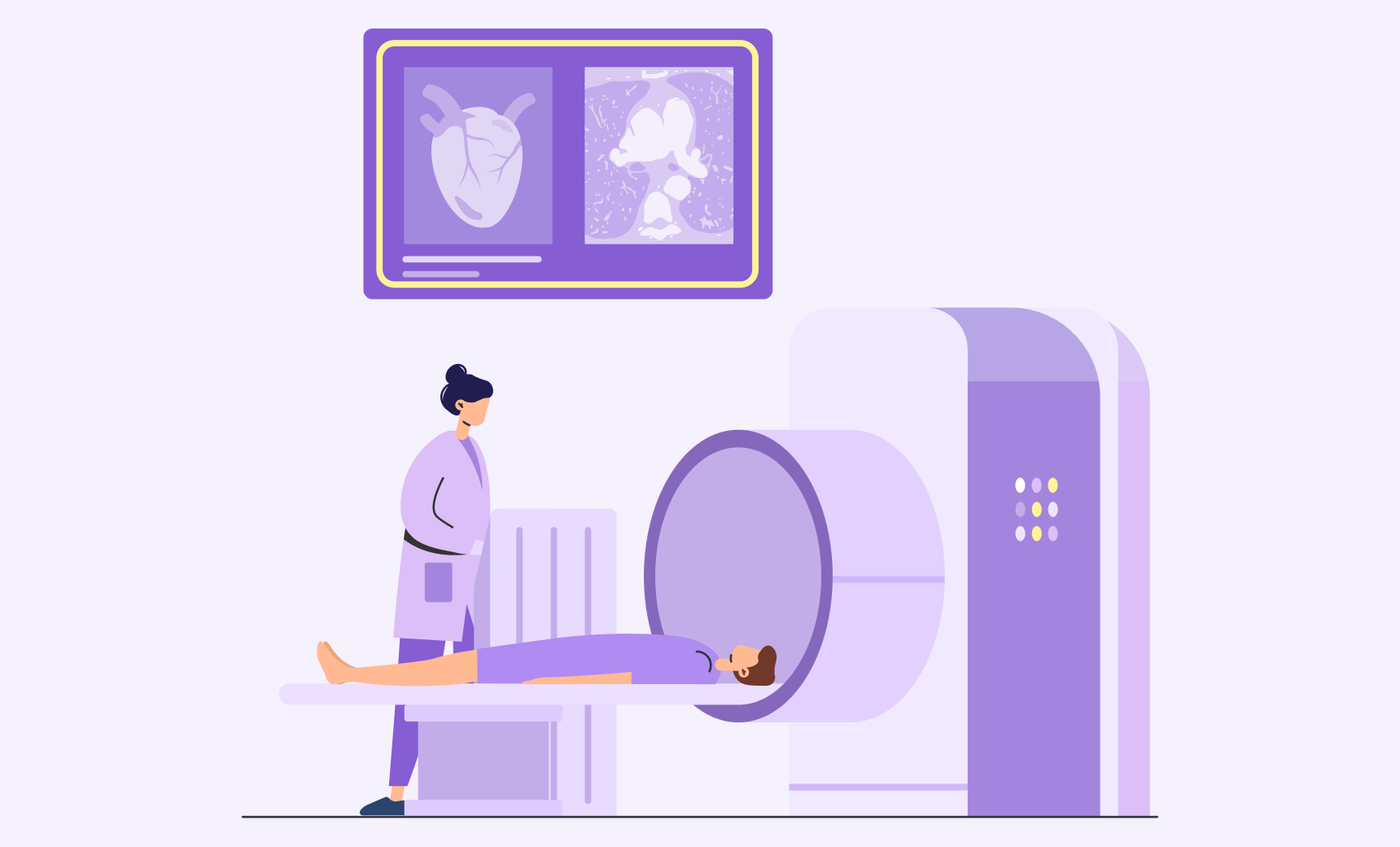
Understanding Tuberculosis Testing: the Quantiferon-TB Gold Test
Your complete guide to tuberculosis testing with LabFinder.
What is the Quantiferon-TB Gold test?
A blood test called a Quantiferon-TB Gold test, also known as an Interferon-Gamma Release Assay (IGRA), can diagnose tuberculosis (TB). The test measures the immune system’s reaction to Mycobacterium tuberculosis in order to determine whether or not the bacteria are present in the body. It’s a popular test used to check for TB and is often needed for people in high-risk situations, like health care workers, students, foreigners, and others.
What is the frequency of tuberculosis (TB) testing?
A person’s risk factors, their likelihood of exposure to tuberculosis, and particular guidelines established by healthcare professionals are all factors that influence TB testing. Some general guidelines for the Quantiferon-TB Gold testing frequency include:
- Healthcare Workers and others at risk
Healthcare workers who deal directly with tuberculosis patients or who work in places where tuberculosis is more common may need to get tested for TB every year. Due to the higher risk of TB spreading in busy places, people in prisons and homeless shelters may be tested for TB on a regular basis. - People Living with HIV/AIDS
If someone with HIV/AIDS is infected with tuberculosis germs, they are more likely to get active TB. HIV-positive people are often told to get tested for TB as part of their normal health care. - Living or working with someone with active TB
If you are close to someone who has active tuberculosis, you may need to get tested for TB. Testing can happen at different times and at different intervals, but it can include an initial test and follow-up tests over a period of several months. - New immigrants
TB tests are often part of the screening process for immigrants or refugees, based on the rules of the country. How often immigrants and refugees are tested can change from country to country and region to area.
Why get tested for tuberculosis (TB)?
- Early diagnosis via the Quantiferon-TB Gold testing is essential for successful treatment of tuberculosis, which is why it is so important even before symptoms appear.
- Coughing and sneezing by TB patients spread the disease. Active TB patients should be identified and treated immediately to avoid community spread.
- Early TB detection allows immediate treatment. Antibiotics may cure TB, but therapy takes time. Early therapy reduces the likelihood of complications and disease progression.
- At the local and national levels, TB control programs use tests to track and control the spread of the disease. For these efforts to work to lower the number of people who get TB, early diagnosis is key.
Testing for tuberculosis is important for early diagnosis and treatment of the disease, which not only helps the person by avoiding problems but also helps public health measures to stop the spread of TB in the community and around the world. Early action can save lives and make this disease less of a burden on society.
How the test works:
- A medical professional or qualified phlebotomist will administer the Quantiferon-TB Gold test by taking a blood sample from the patient.
- Blood is handled in a lab after it has been taken. The goal is to separate the white blood cells (especially T cells) from the blood sample of the patient. White blood cells from the patient and tuberculosis proteins are put in a container for a certain amount of time (usually between 16 and 24 hours). During this time, the patient’s T cells may respond to the TB antigens if the person has been exposed to tuberculosis or has TB bugs in their body.
- Most of the time, the test results are described as positive, negative, or “indeterminate.” If the test comes back positive, it means that the person has been exposed to tuberculosis or is sick with TB germs. A zero finding means that your immune system didn’t react much to the TB proteins. Depending on the finding and the patient’s risk factors, the healthcare provider may suggest more tests, reviews, or follow-up.
Need to schedule your Quantiferon-TB Gold test but don’t have a doctor’s order? Use LabFinder’s telehealth service, MinuteMed, to get a doctor’s order from a board-certified physician.





The LabFinder Editorial Team is behind The Illuminator and The Insider, LabFinder’s consumer and business blogs.
Dr.Robert Segal
Dr. Segal is CEO and co-founder of LabFinder, as well as a board-certified cardiologist. He began practicing medicine in 2002 and has founded several businesses, including Medical Offices of Manhattan and Manhattan Cardiology.